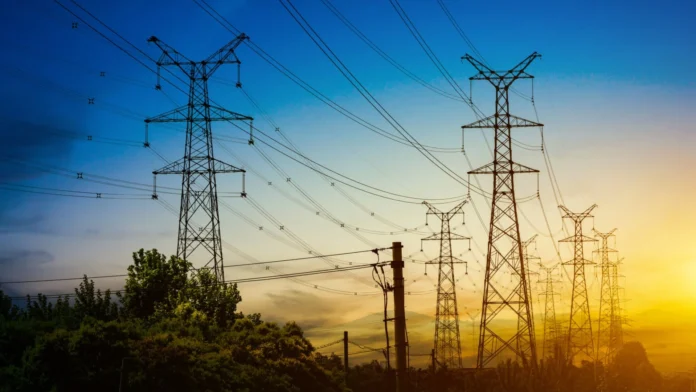Pakistan has released more than Rs100 billion in overdue payments to Chinese power producers, a major step taken days before Prime Minister Shehbaz Sharif’s scheduled visit to Beijing. The move reduces the country’s outstanding dues to Chinese energy firms by nearly one-fourth and aims to address one of Beijing’s long-standing concerns.
According to government officials, the Ministry of Finance has instructed that the funds be released from power sector subsidies allocated in the current budget. The Rs100 billion disbursement will be made within a few days, in addition to Rs8 billion already allocated under the regular budget.
The decision comes just ahead of PM Shehbaz’s visit to China, where he will attend the Shanghai Cooperation Organization (SCO) Heads of State meeting this weekend and take part in an investment conference organized by Pakistan’s embassy.
Sources revealed that the premier had personally directed the Finance Ministry to clear the Rs100 billion payments by August 25. As of June, Pakistan’s dues to Chinese Independent Power Producers (IPPs) stood at Rs423 billion. Following this settlement, the amount will fall to just over Rs300 billion.
Since 2017, Pakistan has already paid Rs5.1 trillion to 18 Chinese power plants, covering over 92% of billed amounts, including interest. Officials estimate the actual dues are under Rs300 billion, with the remainder linked to late payment surcharges.
The government is also seeking Rs1.3 trillion in fresh loans from commercial banks to reduce circular debt owed to state-run, private, nuclear, and Chinese plants, although the arrangement has not been finalized yet.
The 2015 CPEC Energy Framework Agreement obliges Pakistan to clear dues in full, regardless of consumer recovery. Non-payment and delays have slowed progress in China-Pakistan financial relations, alongside Beijing’s security concerns.
Officials said the bulk of the Rs100 billion will go to major coal-fired plants, including Sahiwal, Hub, and Port Qasim. Pakistan still owes Rs87 billion to the Sahiwal plant, Rs69 billion to Hub, Rs85.5 billion to Port Qasim, and Rs55.5 billion to Thar Coal.
Despite claims of circular debt reduction, a Federation of Pakistan Chamber of Commerce and Industry (FPCCI) report noted that the recent Rs801 billion cut was due to one-off fiscal injections, not real reforms. In fact, excluding those adjustments, the circular debt has increased by Rs379 billion.




